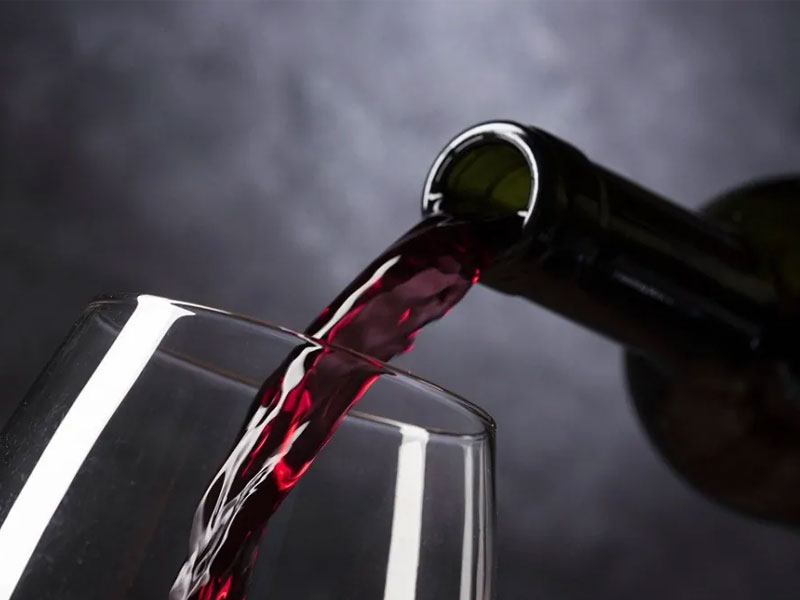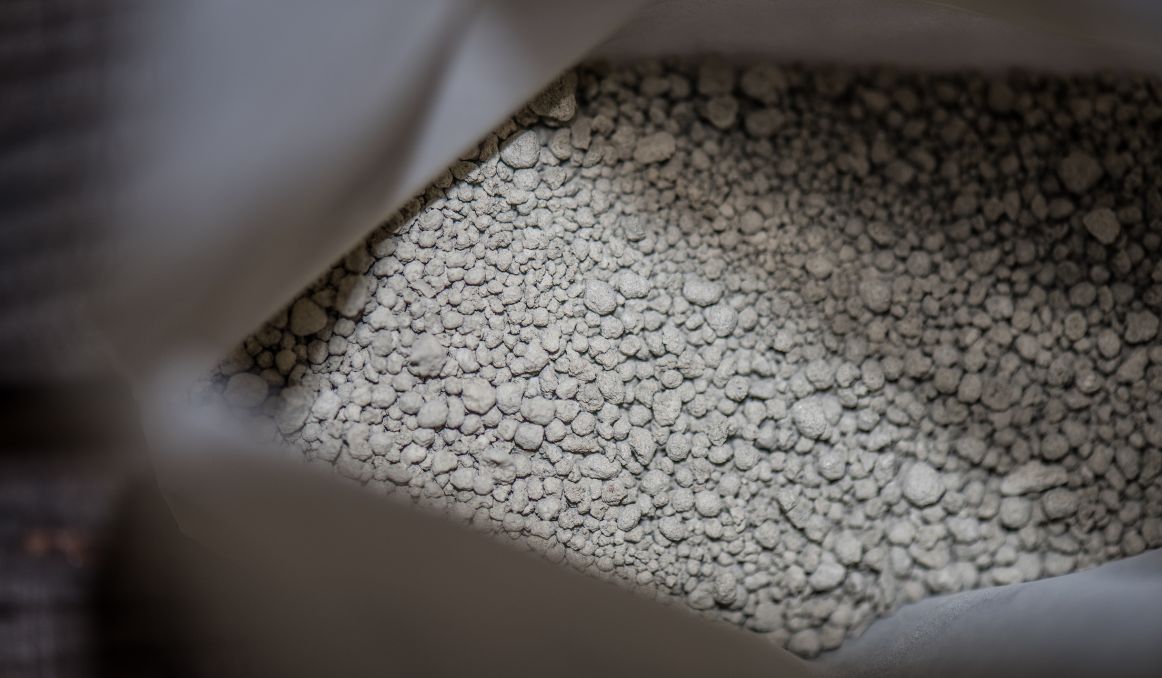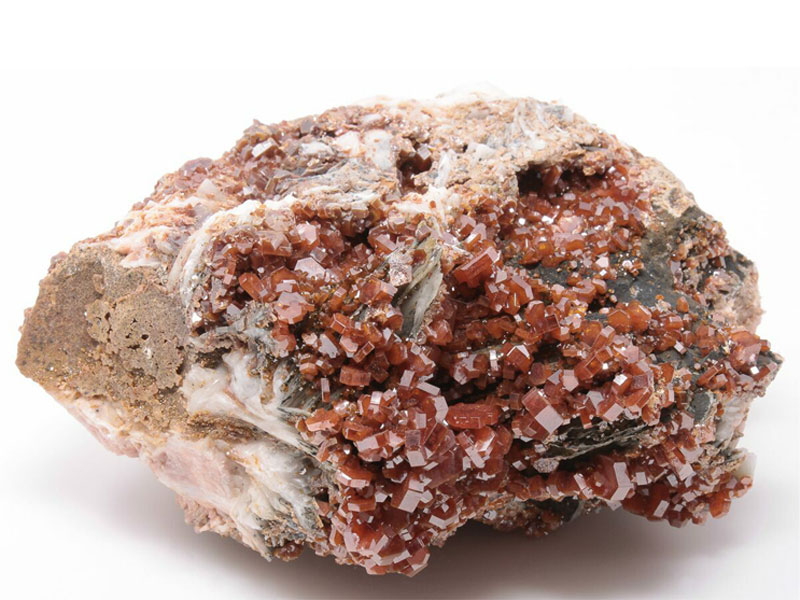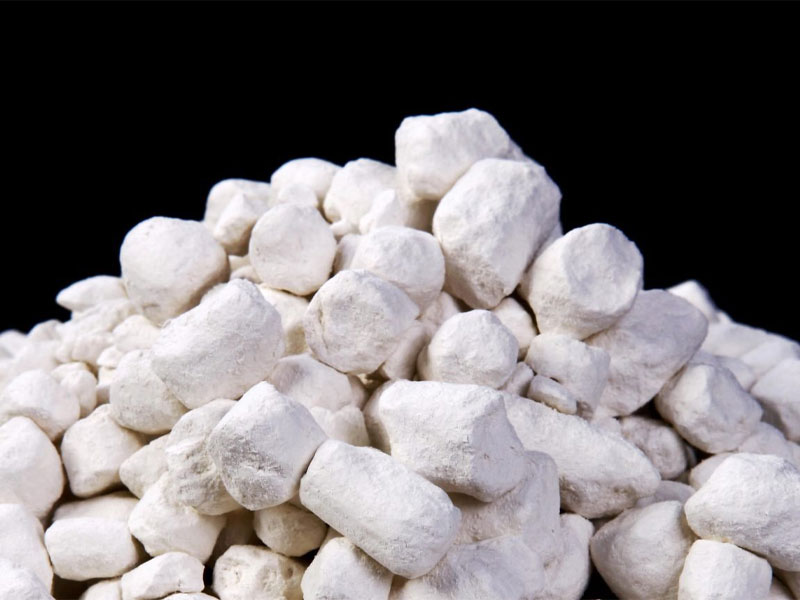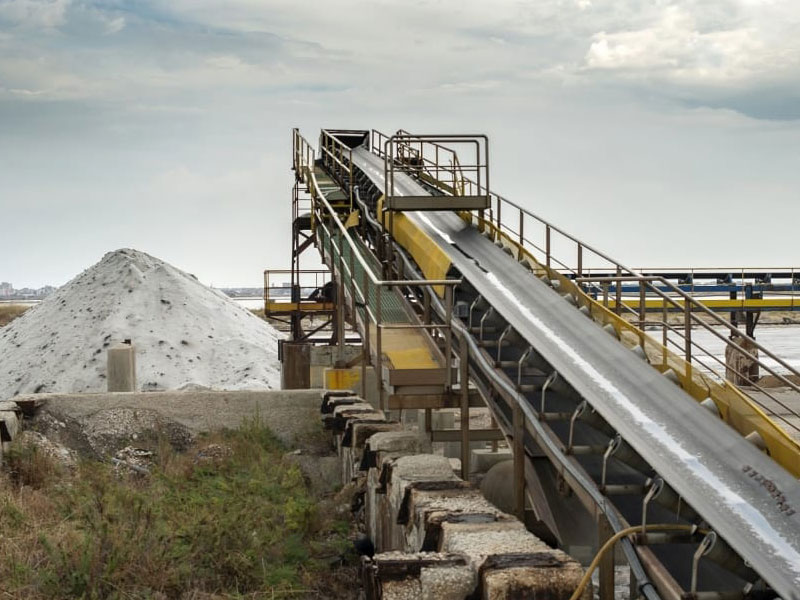Introduction to Bentonite in Winemaking
Winemakers have employed bentonite for decades as a fining agent, a substance used to clarify and stabilize wine. Bentonite is a clay consisting mainly of montmorillonite, a mineral with impressive adsorption properties.
The Composition of Bentonite
Understanding the composition of bentonite is essential for comprehending its impact on wine. Rich in silicate minerals, bentonite possesses a unique structure that enables it to attract and bind with unwanted particles in the wine.
Read More: Barite
Bentonite’s Role in Clarifying Wine
Adsorption Process
Bentonite’s adsorption process involves the clay particles binding to proteins, yeast cells, and other impurities, forming larger particles that settle to the bottom.
Removing Unwanted Compounds
By effectively removing undesirable compounds, bentonite helps winemakers achieve the crystal-clear appearance consumers expect from quality wines.
How Bentonite Influences Wine Stability
Preventing Protein Haze
Proteins in wine can cause haziness over time. Bentonite acts as a shield, preventing these proteins from creating haziness, ensuring the wine remains visually appealing.
Managing Turbidity
Bentonite contributes to the stability of wine by managing turbidity, ensuring that sediments do not adversely affect the wine’s quality.
Bentonite’s Impact on Wine Flavor
Positive Effects
While primarily a clarifying agent, bentonite can influence the flavor profile of wine positively. Its ability to remove harsh-tasting compounds contributes to a smoother, more palatable experience.
Potential Drawbacks
However, excessive use of bentonite can lead to the removal of desirable compounds, affecting the wine’s overall character. Finding the right balance is crucial.
The Application Process of Bentonite in Winemaking
Dosage Considerations
Winemakers must carefully calculate the amount of bentonite needed, considering factors like wine volume, type, and the specific impurities present.
Mixing and Settling
The proper mixing and settling of bentonite ensure uniform distribution, allowing it to effectively carry out its clarifying role.
The Debate: Natural vs. Processed Bentonite
The source of bentonite, whether natural or processed, sparks debates in winemaking circles. Each has its merits, with natural bentonite appealing to those emphasizing minimal intervention.
Read More: Wikipedia
Sustainability and Bentonite Usage in Winemaking
As sustainability gains prominence, winemakers explore ways to minimize environmental impact. Bentonite’s role in this context is scrutinized, prompting innovations and eco-friendly alternatives.
Challenges in Bentonite Utilization
Despite its effectiveness, winemakers face challenges such as finding the right dosage and addressing the potential impact on wine aroma and taste.
Alternatives to Bentonite in Winemaking
In the quest for alternatives, some winemakers explore different fining agents and techniques, seeking options that align with evolving preferences and production practices.
Bentonite in Different Types of Wines
The application of bentonite varies across different types of wines, with considerations for red, white, and sparkling varieties. Understanding these nuances is crucial for winemakers.
Tips for Winemakers Using Bentonite
Practical tips, such as conducting trials, monitoring dosage, and considering the wine’s intended characteristics, help winemakers make the most of bentonite.
Consumer Awareness about Bentonite in Wine
Educating consumers about the role of bentonite in winemaking fosters appreciation and understanding, demystifying the process behind the bottle.
Research and Innovations in Bentonite Applications
Ongoing research explores new applications for bentonite in winemaking, from enhancing aroma profiles to addressing specific challenges faced by winemakers.
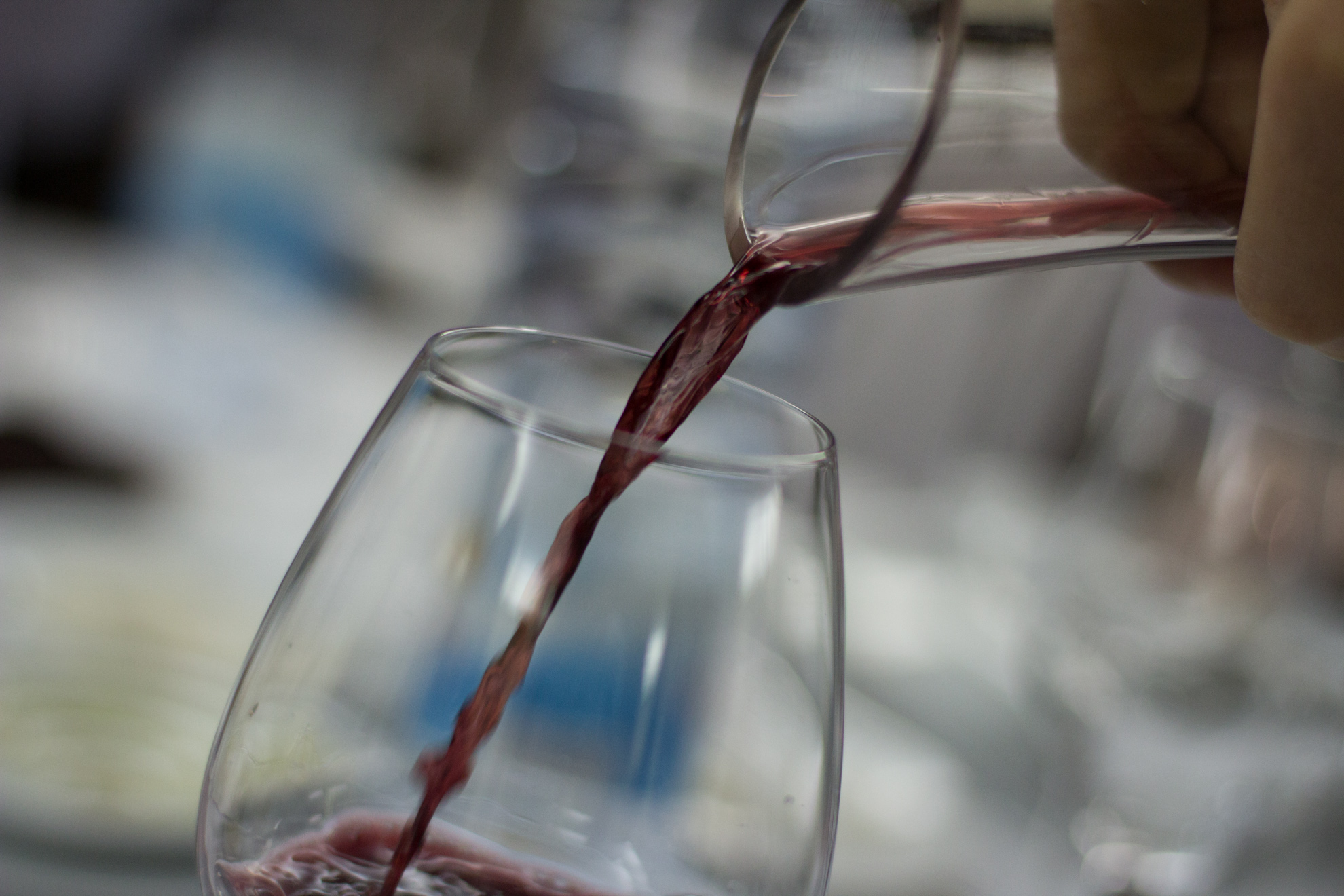
Conclusion
In the intricate dance of winemaking, bentonite emerges as a silent choreographer, orchestrating clarity, stability, and flavor. Its nuanced impact reflects the delicate balance winemakers strive to achieve, reminding us that great wine is not just an art; it’s a science

